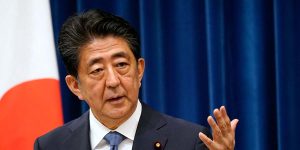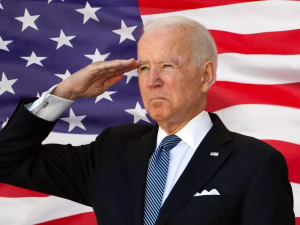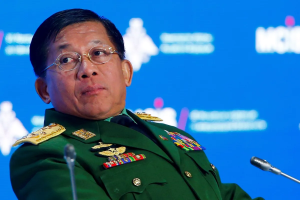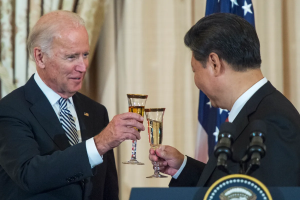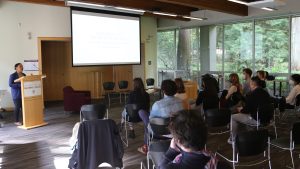Pelosi’s visit could derail US–China compromise over Taiwan: Prof. Yves Tiberghien and Visiting Prof. Swaran Singh write in East Asia Forum
“The delicate diplomatic compromise of constructive ambiguity over Taiwan’s status initiated by former US national security advisor Henry Kissinger and Chinese premier Zhou Enlai in 1972 is fraying beyond repair,” Prof. Yves Tiberghien and Visiting Prof. Swaran Singh write. “We are witnessing a ratcheting up of the struggle between ideational commitments to the rival principles of democracy and national sovereignty.”
The Open Canada Podcast #11: The Americas After American Hegemony with Prof. Maxwell Cameron
Join Prof. Maxwell Cameron and host Ben Rowswell on episode 11 of The Open Canada Podcast, where they discuss government systems, diplomacy, and democracy in Latin America.
Prof. Yves Tiberghien discusses Shinzo Abe’s influence and Japanese foreign policy in ‘Now’ podcast
In episode 25 of Alan Alexandroff’s ‘Now’ podcast, Prof. Yves Tiberghien considers former Japan PM Shinzo Abe’s legacy, in international economics and building networks with North America and in the Indo-Pacific.
Prof. Allen Sens talks nuclear weapons, changing political tensions, and the delicate threat of mutually assured destruction
“It’s been a slow kind of creeping reality that nuclear weapons are not only still with us, but that tensions that could lead to nuclear confrontation are also increasing,” says Prof. Sens, considering the Russian invasion of Ukraine and other tense international relations.
Despite his recent successes, “for many, Biden is running out of time,” says Prof. Paul Quirk
The past week has been a major success for the Biden administration: taking down the leader of Al-Qaeda, the Inflation Reduction Act of 2022, the bipartisan veterans bill, and other achievements. Still, “whether Biden’s legislative successes will help him or the Democrats politically is less clear,” Prof. Quirk notes.
Visiting Prof. Swaran Singh comments on ASEAN’s “centrality” and the underlying power politics
Addressing ASEAN’s challenges in their Indo-Pacific centrality, Prof. Singh writes that “ASEAN has too many serious issues at hand to address instead of being distracted by great-power politics,” namely Myanmar and Cambodia’s obedience as well as China’s influence.
Prof. Michael Byers discusses Russia, the ISS and space warfare with Dr. Aaron Boley in Op-Ed
In this Op-Ed, Prof. Byers & Dr. Boley examine the consequences of Russia’s threats of leaving the ISS, and their willingness to strike space targets. “International co-operation in space matters,” they write. “If it stops, all bets are off.”
Visiting Prof. Swaran Singh writes on the “strategic ambiguity” of the Biden-Xi relationship
Prof. Swaran Singh highlighted the implications of “enduring uncertainties and anxieties” between two of the world’s most powerful leaders, and the consequences of their glamorous personalities. “Short-term gains often dictate strategies of being active without being productive,” wrote Singh.
Photos from our Graduate Research Conference
UBC Political Science would like to congratulate our Graduate Students, who put together a wonderful conference in May. We would particularly like to thank Conference Chair Katelynn Kowalchuk and Keynote Speaker UBC Professor Genevieve Bates.
Prof. Michael Byers comments on the significance of Russia’s announcement to depart from the International Space Station
“It’s a non-story in my view,” wrote Prof. Michael Byers, commenting on Russia’s decision to withdraw from the International Space Station. Byers argues that it’s most likely a public relations move more than anything.


